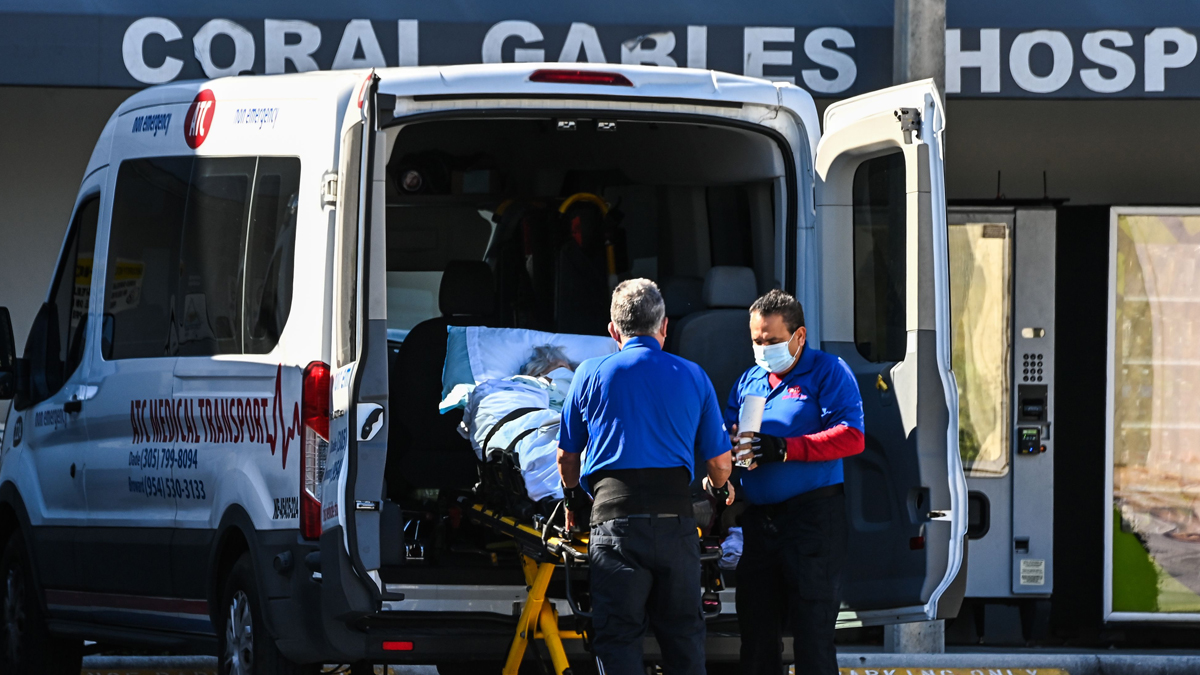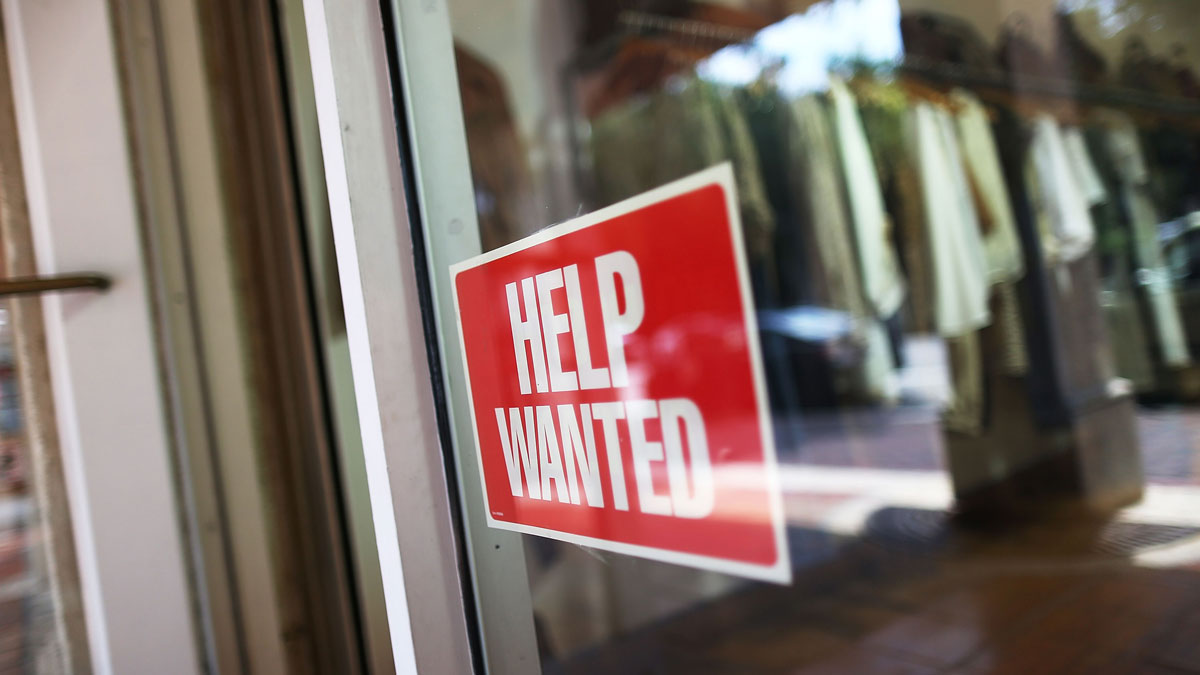Vaccines are working in Florida, but a Florida International University epidemiologist tells NBC 6 South Florida is not yet at the end of the road when it comes to COVID-19.
"The number of cases among people younger than age 65 is increasing," said Dr. Mary Jo Trepka, noting this time is different from three previous rises that led to surges.
"I don’t anticipate that we’re going to have the huge peak that we did, say, over the winter holidays or even in the summertime because we've had a lot of people that have been vaccinated and a lot of people are immune too because they had natural infection recently," she said.
CORONAVIRUS LATEST
The Hurricane season is on. Our meteorologists are ready. Sign up for the NBC 6 Weather newsletter to get the latest forecast in your inbox.
That blunts the spread and, with vaccines concentrated among the older, more vulnerable populations, the virus strikes those less likely to get severely sick.
"Less likely, yet it occurs," Trepka said. "We have young people who have been hospitalized. We have young people who have died. We have young people who have chronic long-term symptoms."
So, she cautions, this is not over.
And recent trendlines lend support to her concern.
The nation’s COVID response leaders Friday said they were concerned that 70,000 new cases a day, on average, have been identified nationwide over the week ending Wednesday. That was an 8% increase over the seven-day average from a week earlier.
But over that same time period, the NBC 6 Investigators found, Florida's week-over-week increase was nearly twice as high -- 15%.
The number in Florida, Trepka said, "flattened out at a pretty high level and now they’re staring to increase again." Among the reasons for the increase, she said: "There was a lot of lack of social distancing over spring break and also over the Easter holidays."
Throw in a more viral variant and "it's clear that we continue to have a lot of transmission and it’s primarily among young people."
The good news is older people, the most vulnerable, are also the most vaccinated, so more cases will not spark the same rate of increase in hospitalizations and deaths we saw in the fall and after the holidays.
But, she adds, younger people still face risks if they don’t get vaccinated, wear masks and avoid large crowds.
"We’re going to be living with the SARS-CoV2 virus in the foreseeable future," Trepka said. "In the coming years, that's the reality, but are we going to get to a situation where we have a pretty normal life. I think we’ll be there by the fall."



